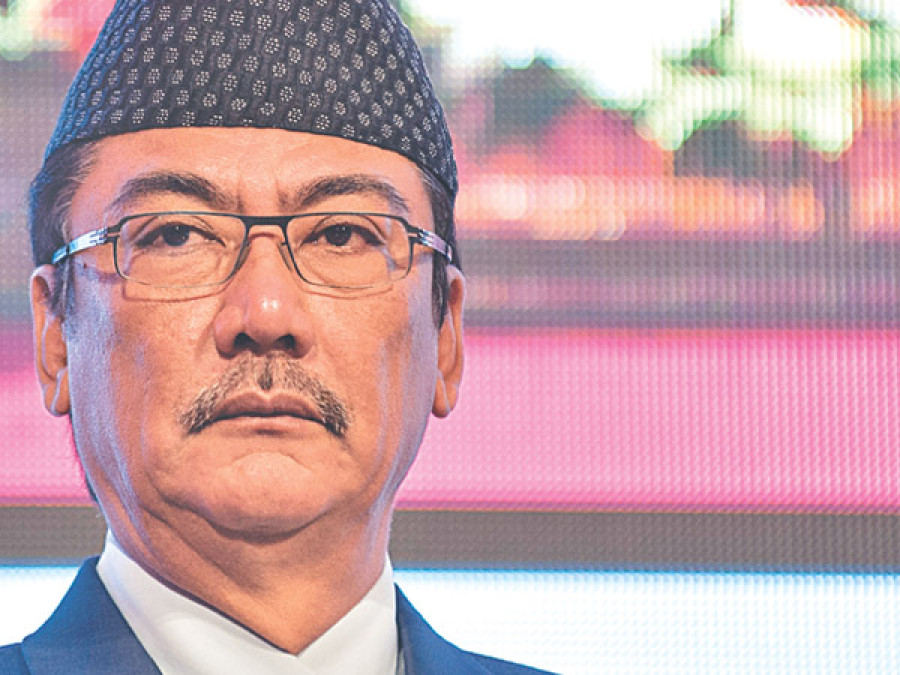Money
Easing visa process key to Saarc connectivity
Saarc Chamber of Commerce and Industry (SCCI) on Monday elected Suraj Vaidya as its new president. He was earlier the senior vice president of SCCI. Vaidya talked with the Post about his plans and priorities for the SCCI. Excerpts:
Saarc Chamber of Commerce and Industry (SCCI) on Monday elected Suraj Vaidya as its new president. He was earlier the senior vice president of SCCI. Vaidya talked with the Post about his plans and priorities for the SCCI. Excerpts:
Connectivity has been the key challenge in South Asia for larger economic integration. As the new president of SCCI, how will you work for better economic integration between Saarc nations?
Easy approval of visa for traders and business people is key to better connectivity amongst the Saarc nations. I agree that this is the area we have to work on. However, Home ministries of Saarc nations believe that ‘terrorists’ will benefit from
easing the visa process. It is business people that need the visa at the moment. We also understand the concern of the government officials. Hence, we have proposed that the SCCI is ready to screen the business people and make recommendations before they apply for visa. We are also ready to work closely with the home ministries of the respective countries.
Trade within the Saarc has time and again become a hostage of political hostility. The recent Indian embargo on Nepal being the latest example. In this scenario, don’t you think it will be difficult for SCCI to work for boosting intra-regional trade?
Saarc was founded with an idea of political integration of the region rather than economic integration. Hence, Saarc as a union is not as effective as other unions in the world when it comes to economic integration, unlike the European Union (EU) and Association of Southeast Asian Nations (Asean). I agree trade between Saarc countries has not grown as expected despite having South Asia Free Trade Agreement (Safta). I think the political leaders of the region have now understood the importance of economic integration. I believe they will give due consideration to economic issues of the region ignoring the political differences.
Even after 10 years of the South Asia Free Trade Agreement (Safta), Nepal’s trade with Saarc countries, except India, has not grown as expected. How will SCCI work to help countries like Nepal diversify their foreign trade?
Trade volume should increase, but it will take some time. First of all, Nepal must manufacture more competitive products. Then only will Safta come in need for marketing the products within the Saarc region. So, the key is first strengthening the business environment within our country. If we begin producing more competitive products, trade will automatically follow.
What are some of your other plans as the new SCCI president?
My first plan is to establish Saarc industrial parks in each member state where business people from member countries can invest to set up new industries. The governments of Sri Lanka and Pakistan have already awarded land for the development of such parks in their respective countries. I hope other governments will also follow. Similarly, we are planning to develop an Angel Fund, a
type of venture capital to fund around 200 entrepreneurial ventures within a year. Such venture will create more than 1,000 new jobs in the region. Climate change in the region is also a matter of concern. To address the issue, we plan to build one
‘smart and green village’ in each Saarc nation.




 21.12°C Kathmandu
21.12°C Kathmandu













